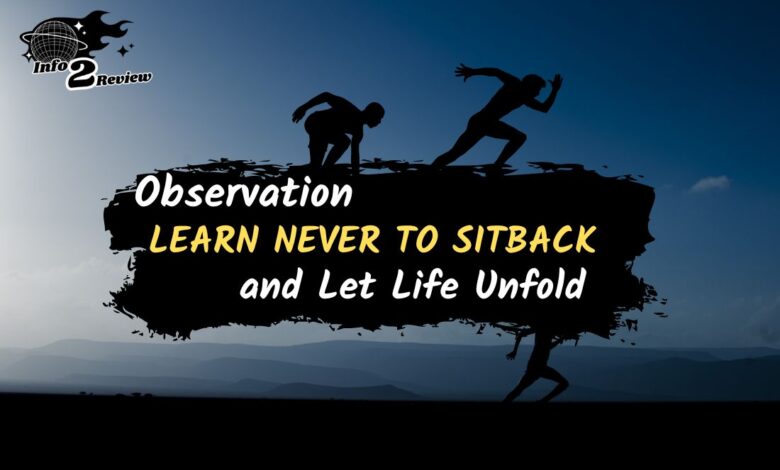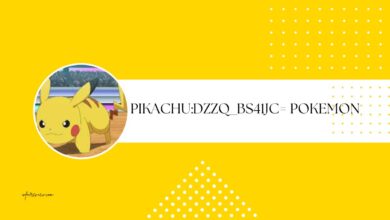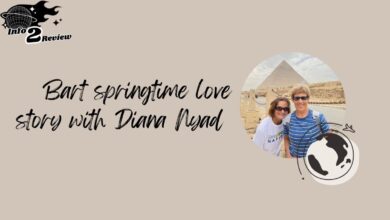The Art of Observation: Learn Never to SitBack and Let Life Unfold

Learn Never to SitBack In today’s fast-paced world, it’s easy to get caught up in the whirlwind of emotions and reactions that come with every situation we face. However, learning to sit back and observe can be a valuable skill that helps us maintain our composure, make better decisions, and foster a more positive outlook on life. This article will explore the benefits of observing rather than reacting and provide tips on how to cultivate this mindset.
The Benefits of Observation: Learn Never to SitBack
1. Reduced Stress: When we react impulsively to situations, we often increase our stress levels. By taking a step back and observing, we allow ourselves time to process our emotions and think rationally, which can lead to a more relaxed state of mind.
2. Improved Decision-Making: Observing a situation before reacting can provide us with a broader perspective, enabling us to make more informed decisions. We can weigh the pros and cons, consider alternative solutions, and choose the best course of action.
3. Enhanced Empathy: By observing others, we gain a better understanding of their emotions, thoughts, and experiences. This can lead to increased empathy and stronger relationships with those around us.
4. Increased Self-Awareness: When we observe ourselves in various situations, we can gain valuable insights into our own behaviors, patterns, and triggers. This self-awareness can help us grow personally and professionally.
FAQ’s
Here are some FAQ’s about Learn Never to Sitback
1. What does it mean to learn to sit back and observe?
Learning to sit back and observe means developing the ability to watch situations, events, or people unfold without getting emotionally or mentally involved. It’s about cultivating the skill of being a passive observer instead of an active participant in every circumstance.
2. Why is it important to practice this skill?
Practicing the skill of sitting back and observing can help reduce stress, improve emotional well-being, and provide a better perspective on life. It allows you to maintain your peace of mind, avoid unnecessary conflicts, and make more informed decisions.
3. How can I start learning to sit back and observe?
To start learning this skill, try practicing mindfulness and meditation. These practices can help you become more aware of your thoughts and emotions, enabling you to observe them without getting caught up in them. Additionally, try to distance yourself emotionally from situations and focus on understanding them from an objective viewpoint.
4. Will I become indifferent or uncaring by learning to sit back and observe?
No, learning to sit back and observe does not mean becoming indifferent or uncaring. It simply means understanding that not every situation requires your immediate reaction or involvement. You can still empathize and care for others while maintaining a balanced approach to life.
5. Can this skill help in professional settings?
Yes, learning to sit back and observe can be beneficial in professional settings. It can help you make better decisions by allowing you to assess situations more objectively, avoid impulsive reactions, and improve your communication skills by truly listening to others.
How to Cultivate the Observation Mindset about Learn Never to Sitback
1. Practice Mindfulness: Mindfulness meditation can help you develop the skill of observation by training your mind to focus on the present moment without judgment. This practice can be extended to daily life, allowing you to observe your thoughts, emotions, and surroundings without getting caught up in them.
2. Observe without Judgment: When observing a situation or your own thoughts, try to maintain a neutral stance without passing judgment. This will help you gather more accurate information and prevent emotional reactions.
3. Take a Time-Out: When faced with a situation that typically triggers a strong reaction, take a moment to step back and observe. This can be as simple as taking a few deep breaths or going for a short walk.
Must Read:
The 1982 Movie Poltergeist Used Real Skeletons as – tymoff




